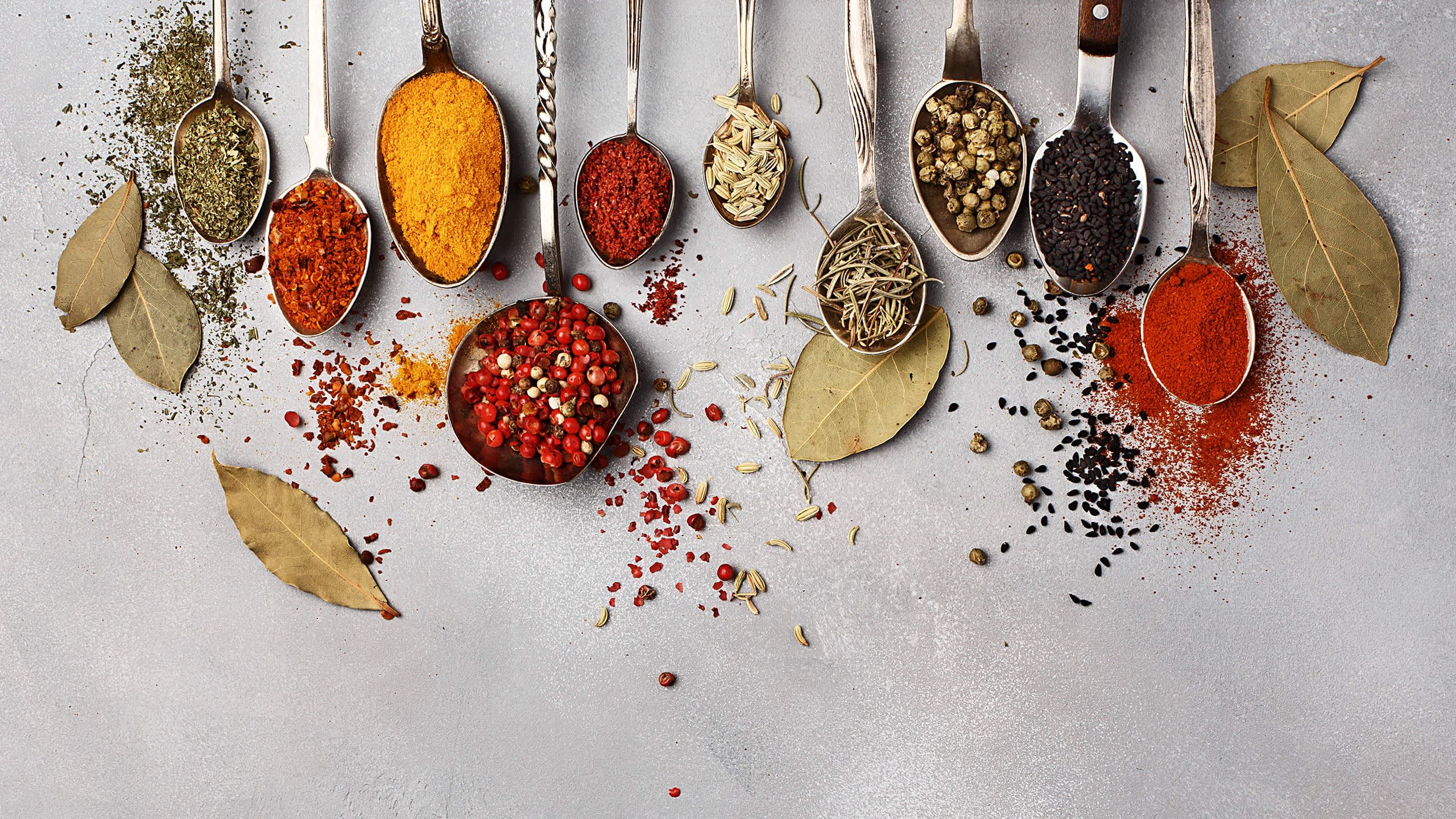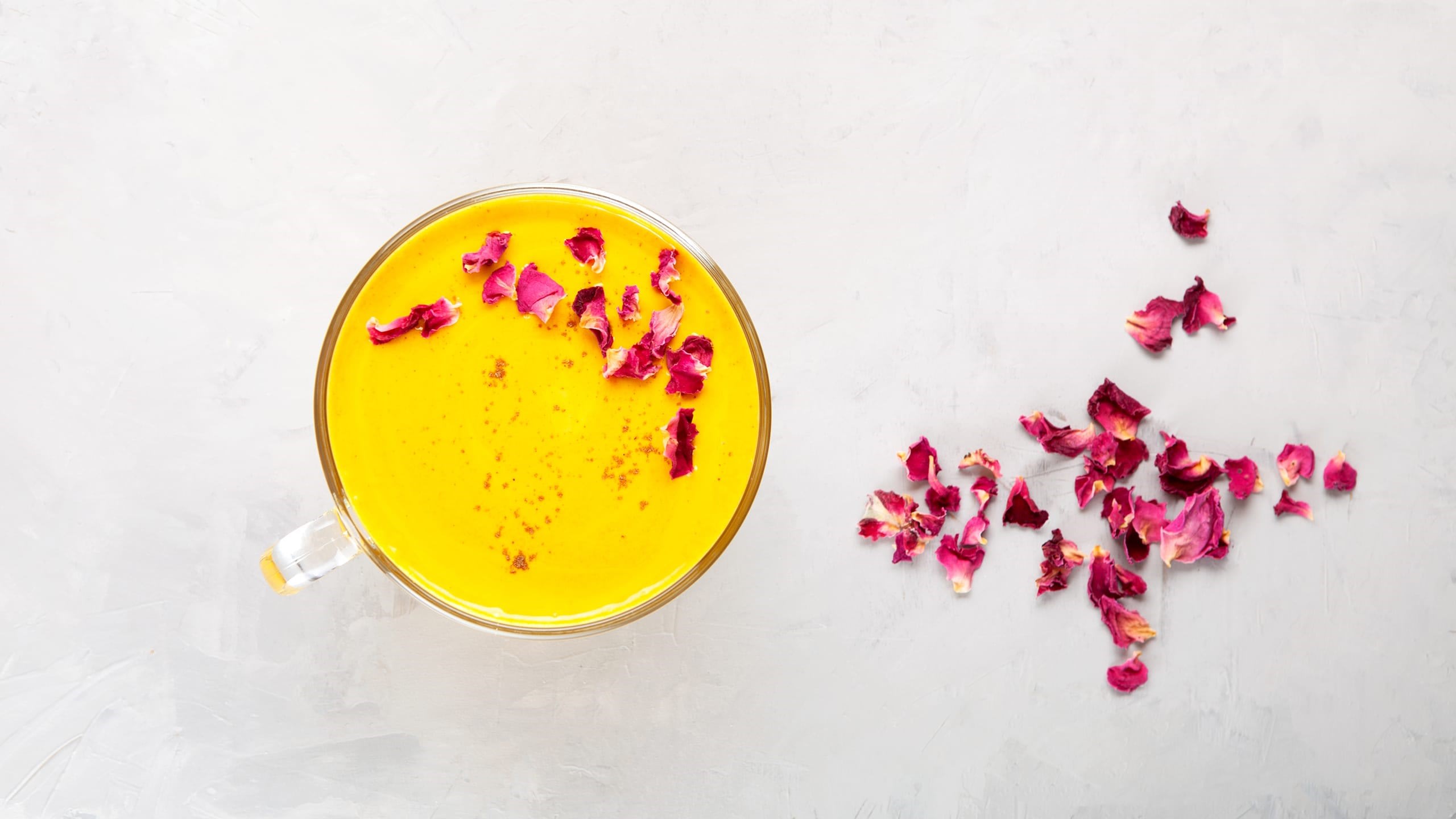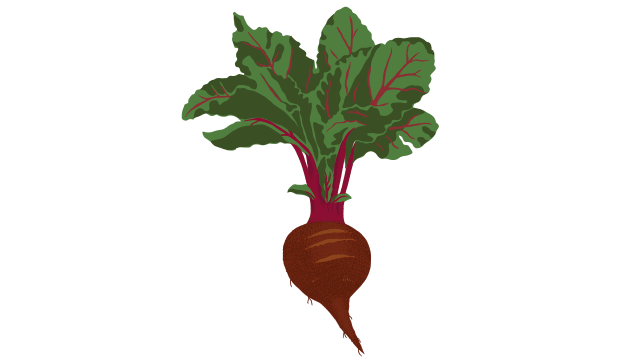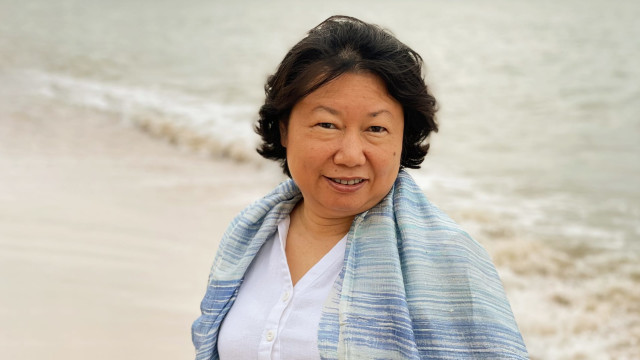Q&A with Dr. Bhaswati Bhattacharya

Dr. Bhaswati Bhattacharya, author of Everyday Ayurveda, brings her formidable training in pharmacology, neuroscience, and public health (from various Ivy League institutions) to bear on her approach to Ayurveda, the ancient traditional medicine system of India. Dividing her time between Manhattan and India, Dr. Bhattacharya is an international public health specialist, a biomedical scientist, a holistic healer, and a teacher and physician of family medicine and Ayurveda.
Acknowledging the influence of her herbalist mother and her veterinarian father, Dr. Bhattacharya explains how the principles of dinacharya, or daily living practices, have been the foundation of her journey into Ayurveda. As director of the Dinacharya Institute in New York, she is involved in teaching workshops and training Ayurvedic health coaches. Through these initiatives and her writing, she encourages people to incorporate the wholistic wisdom of medicine systems like Ayurveda into their daily lives.
Everyday Ayurveda dismisses the charge that ancient practices are outdated. It urges us to look beyond the consumerist cacophony around health and give credence to natural approaches to nutrition and wellness in our daily lives. “Holistic medicine became my work and play,” says Dr Bhattacharya. Her book teaches how we can make it ours too.
Roundglass Food: What is the unique strength of Ayurveda over other wellness pathways?
Dr Bhaswati Bhattacharya: Ayurveda is not just a wellness pathway. It has robust treatment protocols that can intervene on serious, incurable, and chronic diseases, and is limited only by the four pillars — knowledge of the practitioner, the availability of the needed medicine, the ability of the assistant that helps the patient, and the willingness of the patient.
RG: How are meditation, yoga and Ayurvedic foods interconnected?
BB: If a person understands the brain-gut axis, it becomes essential to the toolkit of good living to engage the mind-body connection. Daily conditioning through meditation and yoga (yoga means union of two separate things) allows the gut and tissues to inform the mind of what it needs, which foods to eat when, and the entire regulation of diet, nutrition, and intake, known as kalabhojanam in Sanskrit.
RG: How do you open your mind to Ayurveda’s prescriptive nature about food?
BB: Ayurveda is a science that examines optimal living. Every recommendation it makes is for lengthening the span of a good life, so that a person has time to find and connect with his life's purpose. Nobody needs a person to live longer so that they can trouble others and suck up resources. Every substance that comes into our circle has properties that can make it useful in the right form, right dose, right time. Thus, all substances can be medicine. Certainly, foods are also medicine.
RG: What is your enduring food memory while growing up?
BB: My mother would feed my older sister and me from a bronze plate, sitting on our marble floor on dining floor mats. She would put ghee-rice, dal, and vegetable curry on the plate, form balls of perfectly balanced amounts of each, and feed small pindi into our little mouths turn by turn. The love with which she fed us carries itself today in my body’s strength. And as Ayurveda whispers, when you are feeling low or sick or tired, go to those foods you could digest happily as a child; so, I go to ghee-rice, dal, and vegetable curry.
RG: What is your favorite ingredient?
BB: Ghee tops them all, although ripe yellow jackfruit, cardamom, and peaches are right up there. So are zucchini, beetroot, yams, raisins, almonds, red cabbage, red rice, and pomegranate. It all depends on the season, my digestive fire, the time of day, and where I am in the world.
RG: How can following an Ayurvedic food pathway help overcome stress?
BB: Ayurveda offers us the ability to use food as a deep nourishing pathway. Today, people think food is for indulging in taste that gives sensory pleasure. When they are addicted to food, they think it is sophisticated. But they lack connection between the subtle energies of food and the true source of our energy and power.
The ability to connect nourishment needs at the cellular level with fulfilment, by walking to that ingredient and putting it inside, connects us to our power. To connect our cellular cravings with the selection of particular foods to eat is true satiation. When our instinct is clear and we can understand which foods are good for us and maintain specific preferences for those tastes corresponding to those needs, we eat only what strengthens us. Our digestive juices process only those foods that will specifically deliver those nutriments that our cells called for. This circle of fulfilment satisfies us at a deep level, increases our body's endurance, and gives us health. Our window of ability to manage stress is widened.

RG: What are the salient factors to keep in mind while cooking according to Ayurveda?
BB: Ayurveda reminds us that foods are never bad or good. They are simply substances with properties, some of which are bad for one person, but helpful to another. The aim is to eat according to your ability to digest and to eat what your individual body-mind needs.
Ayurveda whispers to take in the energy of the food and not just the ingredient and its calories. Today we eat a lot of foods for sensory titillation. We eat undigestibles in plenty. If your body cannot digest a food and process it, that food gets stuck along the gut highway and becomes rot. You are what you digest, not what you eat.
RG: Can an Ayurvedic diet help to balance your emotions?
BB: Yes, of course. If the diet is specifically designed to rebalance emotional imbalances, then a person can feel the grounding strength it creates. The physician must know how to draw up such a meal plan, alter it as the person changes, and must communicate clearly — which most doctors do not do. In addition, the patient must also follow the physician's suggestions faithfully.
RG: What words of wisdom do you associate with food?
BB: The wise eater is mindful and focused when collecting the ingredients, heartful while cooking, and quiet when eating.
RG: How practical is cooking according to Ayurvedic rasas in a modern world?
BB: One must understand the rasas. For example, people are being taught that madhura means sweet. Madhura does not mean the taste of sugar as sweet. It means the experience of fulfilment in the heart that feels sweet. If one understands the rasas, and which foods are which rasa, and which food preparations are good for an individual, it is a very practical thing to cook [according to Ayurvedic principles] for a person in today's world.

RG: What is the role of meeta-ahara or sweets in Ayurveda? What does Ayurveda say about sweeteners and adding them to food?
BB: Sweet is not a villain. Today "sweet" is a euphemism for processed sugar, which is poison. But sweet that is energetically alive, such as date jaggery, dark and pure jaggery; live fruits with their fructose; live milk with its lactose, and tagatose from slow-boiling milk; pure raw, forest-sourced honey with its inulobiose and trehalose; grade C very dark, closest to raw maple sap; and rice-based trehalose are not poisons.
Natural meeta-ahara means anything that comes into the body to make a person feel fulfilled. This can be love, a hug, a great bowl of rice, a ripe mango, a baby's smile.
It is important to remember that cane sugar was only processed to make crystalline sugar about 2,000 years ago, originally in India. When made to include minerals and trace elements, sugar was not depleting. High-quality gur (jaggery) is a great ingredient for some dishes, as the melange of complex flavors in gur are outstanding. The problem is the ignorant cooks who look for short-cuts, convenience, and adopt the latest trends in cooking without being able to think about their long-term effects.
RG: Why does eating certain foods at certain times play an important role in Ayurveda?
BB: We live in a world of cycles, the science of which is called ṛtucarya. The day cycles through kapha (7-11 a.m.), pitta (11 a.m. to 3 p.m.) and vata (3-7 p.m.) and the night cycles again through kapha (7-11 p.m.), pitta (11 p.m. to 3 a.m.) and vata (3-7 a.m.). If we are mindful about matching several factors around intake of certain foods at certain times, we can shift our doshas effectively toward balance, and slowly but steadily bring them out of severely imbalanced states.
RG: What’s an herb (or elixir, or fruit, or tea) that you associate with healing?
BB: Every herb is inappropriate for the wrong person. Even ginger can be disturbing to someone with bhasmaka or too much fire in the belly. I like cumin tea (jala jeera) as digestive water. When made correctly, it is a great remedy for people with chronic gastrointestinal distress.
RG: If there were one simple, nourishing dish you could encourage the whole world to make, what would it be?
BB: There is no one simple, nourishing dish for all. It depends on the season, the digestive strength, who the meal is for, where the meal is being made, and the factors that will balance the gunas and doshas.
RG: Do you have any nutrition concerns?
BB: I have serious concerns about the way modern nutrition, clinical nutrition, and dietetics are messing up people's minds around food and diet. Milk and the treatment of cows is of great concern, as ignorant people vilify cows. Next to human milk, cows are medically the closest animal in the nourishment of humans. No other milk can sustain an infant, and no other source of amrita [nectar] is better.
RG: Can you describe your kitchen meditation?
BB: Light a ghee lamp in front of Annapurna [the goddess of nourishing food]. Offer a mantra depending on the day or the need. Prepare ingredients with clarity and purpose. Cook with a smile in my heart and gratitude for the ability to eat regularly without duress. Today, 50 percent of humans go without food and remain hungry. Do we appreciate the privilege of eating what we receive if we have it?
RG: What’s have readers taken to heart from your book Everyday Ayurveda?
BB: For the past seven years, Everyday Ayurveda has taught readers respect for the wisdom of ancient routines. The book has given thousands proof that they can alter their medical problems by shifting their daily routine. It has impacted thousands of Bachelor of Ayurvedic Medicine & Surgery students not to quit their study of Ayurveda to shift into MBBS (Bachelor of medicine Bachelor of Surgery) programs. It has guided people about dinacharya or the existence and logic of a daily routine. It has reconnected many science-bound people back to their ancestors they scoffed at. It has inspired many teachers of Ayurveda to quietly shift their own lives. It has also opened the hearts of many people who had unresolved conflicts with their parents, as they read about mine.
RG: Fasting, dieting, and eating everything in moderation — what’s salient among these tenets to food with regard to Ayurveda?
BB: It depends on the person, their digestive strength, the season, and the factors that are needed for the person to balance the gunas and doshas. Fasting is great for some, very much necessary for others, and terrible for many. Dieting is an act of self-deprivation, which is good for some, but usually abusive for most. Adding different ingredients is better than "dieting" and not responding to the digestive fire. Everything that is real food can be eaten at the right time and right place. But today, most foods are "food products" and non-foods, and these have no role in the "everything in moderation" statement.
Key Takeaways
- Dinacharya helps to improve physical health.
- Ayurveda offers mental wellbeing with food.
- Dr. Bhattacharya’s on the benefits of Ayurveda.







